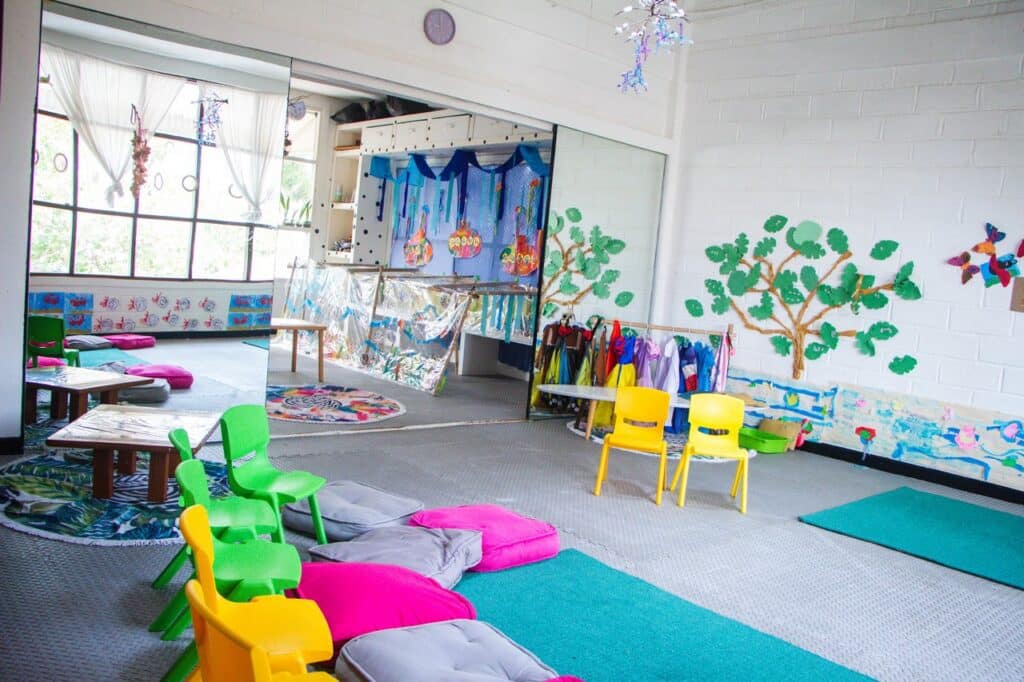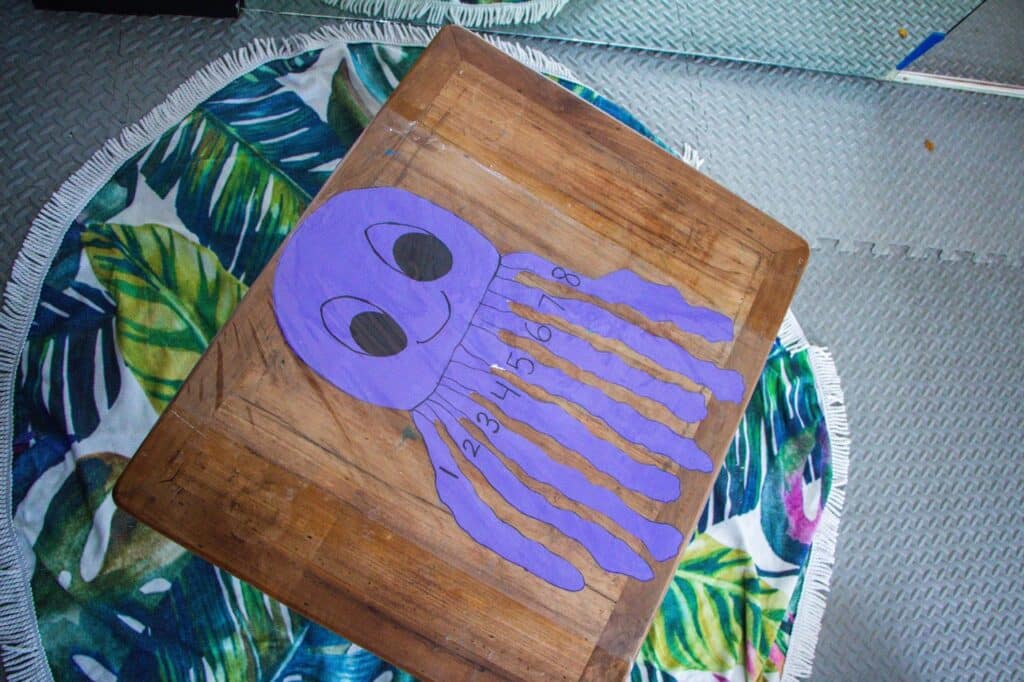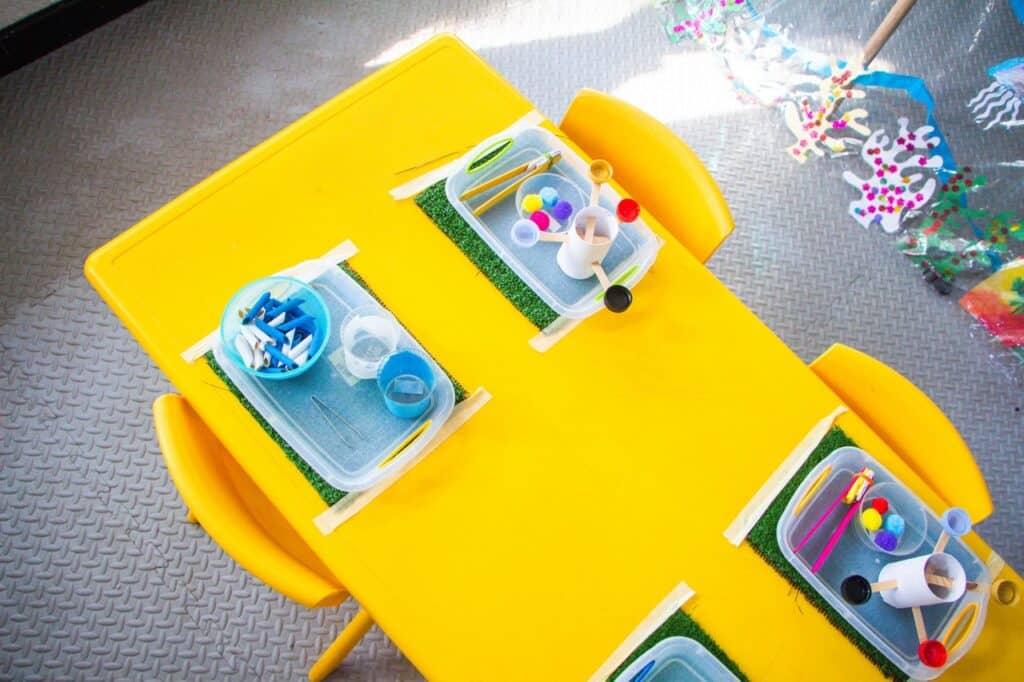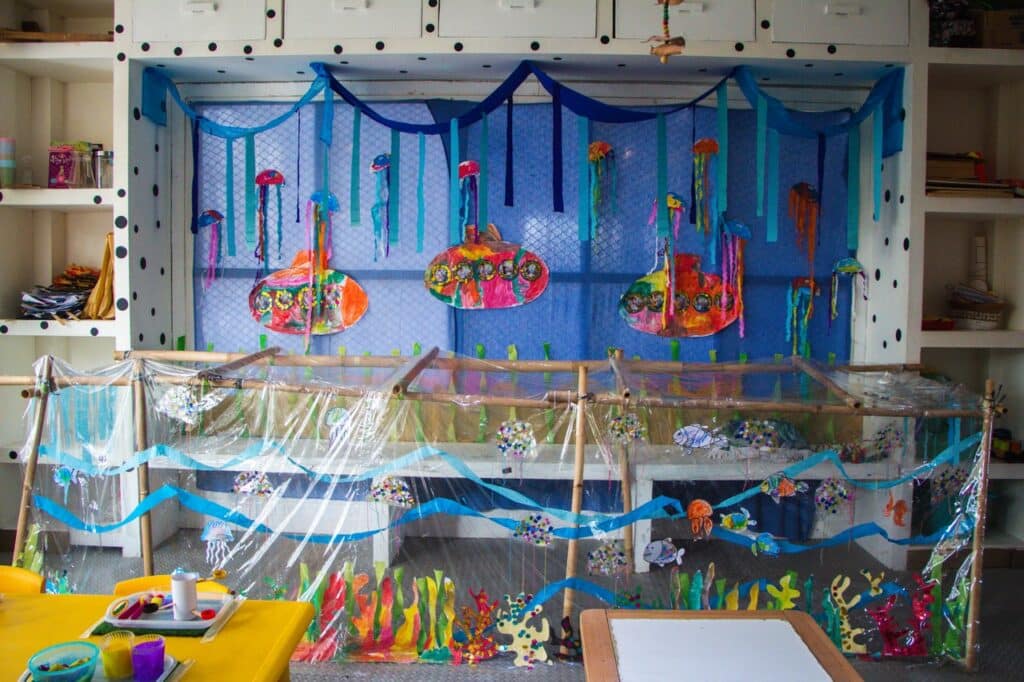Play-based learning in preschool allows children to learn via play while making their own decisions.
Preschool Play-based learning is founded on the idea that children have a natural drive to learn and that when educators establish a carefully planned environment that encourages them to participate, they will learn quickly and readily via hands-on experience.
They do not listen to adults who correct them or tell them how to do things. They have the freedom to discover their own unique learning style.
This encourages children to have a positive attitude toward learning, sparks their imagination, and aids their growth.
Children’s confidence is boosted, and they feel more willing to attempt new things and take chances, which leads to improved independence.
Montessori, Waldorf, and Steiner are three different schools of thought.
Children can develop the capacity for creative thinking as well as a variety of other important skills that will carry them into adulthood through playschool play-based learning.
Some of the preschool play-based learning modules are taught this way.
SENSORY PLAY
SENSORY PLAY is a type of play that involves the use of one’s senses.
- encourages your child to explore and investigate
- helps to form nerve connections in the brain
- supports the development of motor abilities
- aids in the development and enhancement of memory
ARTS & CRAFTS.
- improves hand-eye coordination in children
- improves physical dexterity in children
- encourages creativity and imagination in children
- allows children to express themselves in their own unique way
OUTDOOR LEARNING
Children are naturally inspired to be more physically active when they are in natural settings.
- improves one’s appreciation for and appreciation of nature
- aids in the development of your child’s relationship to nature
- Being in nature has been shown to improve your mood.
- Nature relieves stress and improves concentration.
STORYTELLING
- encouraging your child to express his or her thoughts and feelings
- Storytelling improves verbal abilities.
- encourages your child to use his or her imagination and be creative
- enhances listening abilities
- improves your child’s ability to focus
SCIENCE
- promotes the exploration of new ideas and possibilities
- Science allows children to put their ideas to the test.
- Science inspires people to ask questions.
- Science introduces the cause-and-effect theory.
- IT’S ENTERTAINING
PHONICS AND MATHS
A collection of key math talents is referred to as number sense. It entails being able to comprehend quantities and concepts such as more and less.
Phonics teaching teaches children how to translate letters into sounds, which is necessary for them to read novel words on their own.
- sound and sight-based introduction to the alphabet
- using games, activities, and arts and crafts to introduce numbers
- Telling stories and singing songs with numbers and letters
- a focus on comprehension rather than rote memorization
Skills in Motion / MOTOR SKILLS
Motor development is a process that occurs in a child from birth until around the age of six or seven years.
We concentrate our efforts on initiatives that:
- aids in the development of hand-eye coordination
- boosts self-esteem as they grow to be more self-sufficient
- improves handwriting and drawing skills in your youngster
- helps your youngster acquire strength and confidence in his or her body by working on gross motor skills
- aids in the development of children’s self-care and talents in everyday chores
AND THE MOST ENTERTAINING OF ALL
FREE PLAY!
Free play is an unstructured, child-initiated activity with numerous advantages!
builds personal resilience
motivates exploration of the environment
teaches children how to socialize independently
improves problem-solving abilities
free play creates the potential for conflict, and children need to experience conflict to learn how to manage it in a healthy way
Preschool Play-based learning educators ensure that the learning environment and activities are enjoyable for the children, ensuring that learning continues to be as wonderful and encouraging as it should be throughout the preschool years.
Preschool programs that use play-based learning approaches are giving our young learners the best possible start in their pursuit of a lifelong love of learning.



